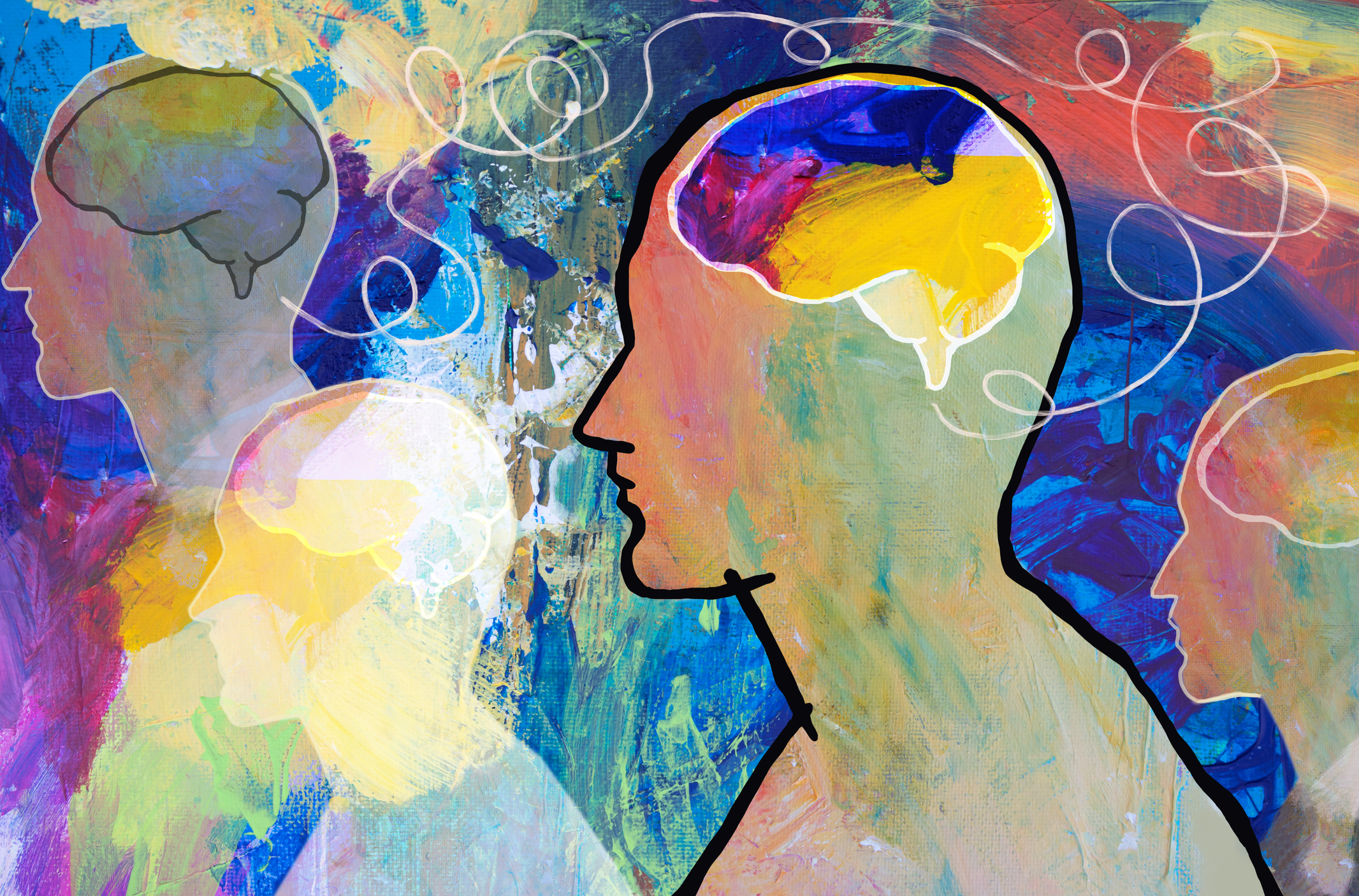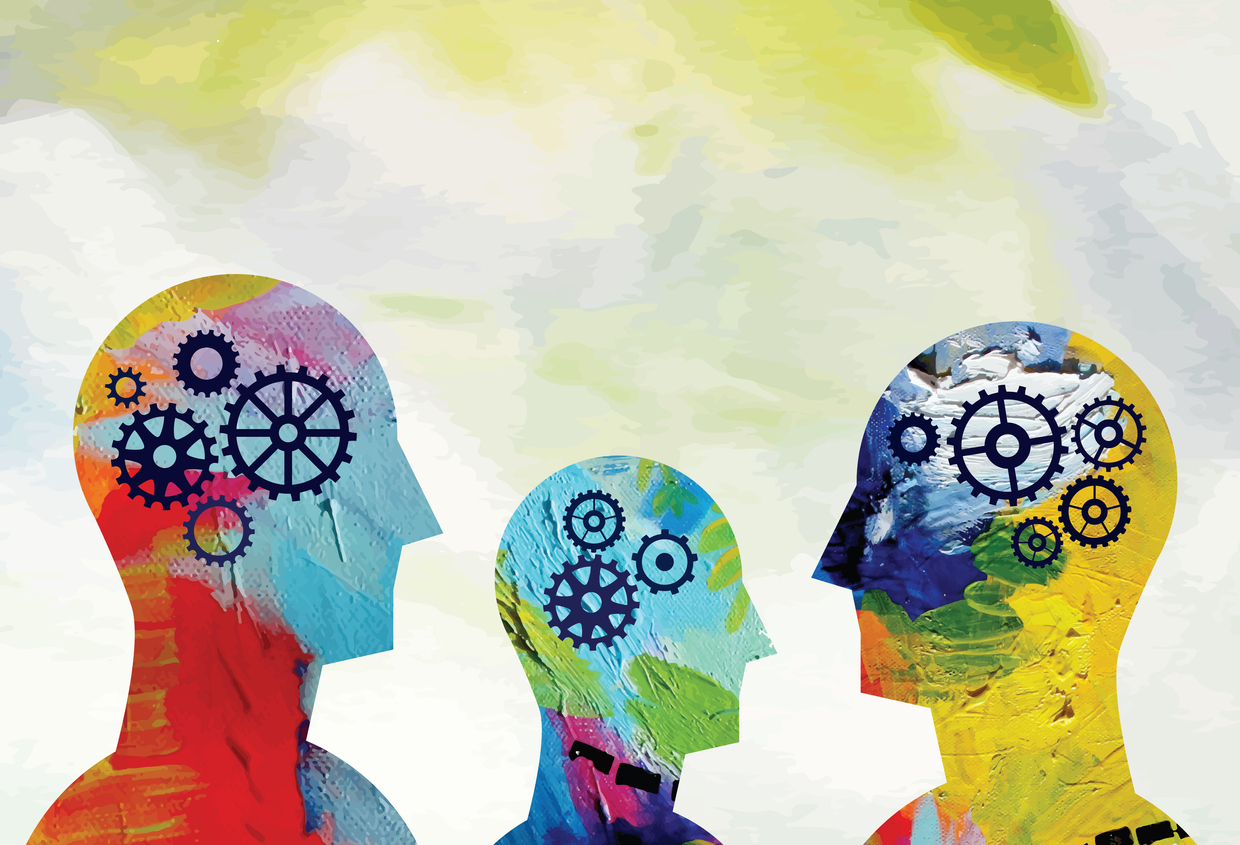Emotional intelligence, often overlooked or misunderstood, plays a pivotal role in our lives. It is the ability to recognise and manage emotions, both in ourselves and in others. In this article, we will explore the significance of emotional intelligence, its impact on our daily lives, and how we can cultivate this essential skill.
The Personal Journey
The journey to understanding emotional intelligence often begins with self-reflection. Many of us may have never considered whether we possess emotional intelligence. It was not a priority until life forced us to confront our emotional shortcomings.
Demystifying Emotional Intelligence
Contrary to common misconceptions, emotional intelligence is not about being overly emotional. It comprises three core skills:
- Emotional Awareness: This involves recognizing and empathizing with both our own and others’ emotions.
- Emotional Application: The ability to utilize emotions constructively, such as in problem-solving.
- Emotional Management: This includes regulating our own emotions and assisting others in doing the same.
Emotional intelligence is not just about feeling strongly; it’s about understanding and managing those feelings effectively.
Childhood Influences
Childhood experiences often shape our emotional intelligence. Those who lack guidance in understanding and managing emotions may struggle to navigate their emotional landscapes as adults. It’s crucial to acknowledge that emotional intelligence is not innate; it can be learned and developed.
Society’s Role
Society’s approach to emotional intelligence is critical. It should be recognized as a fundamental skill, just as important as academic achievements or sports. Unfortunately, our current education system often neglects emotional education. Children are expected to excel in various areas but rarely receive guidance in understanding themselves and their emotions.
Cultivating Emotional Intelligence
Developing emotional intelligence is a personal journey that begins with self-awareness. Here are six steps to help enhance emotional intelligence:
- Acknowledge Emotions: Recognize that emotions are valuable and have a significant impact on decision-making.
- Differentiate and Analyze Emotions: Understand that there are various emotions, each serving a purpose. Analyze them to grasp their core.
- Accept and Appreciate Emotions: Emotions are neither good nor bad; they simply exist. Embrace and appreciate them for what they are.
- Reflect on Emotions: Take time to ponder the origin of your emotions. Understanding their source can help manage them better.
- Handle Emotions: Find your unique way to handle emotions. It might involve journaling, talking to friends, or exploring various techniques.
- Support Others: As you become more emotionally intelligent, you can assist others in understanding and managing their emotions. This fosters deeper connections.
The Societal Shift
To create a more emotionally intelligent society, we must introduce emotional education into schools. This involves teaching children about emotions, and their functions and providing a safe space for open discussions. Books and case studies on emotional intelligence should be integrated into the curriculum.
The Vision of an Emotionally Intelligent World
Imagine a world where everyone possesses emotional intelligence:
- Better Decision-Making: With self-awareness, individuals make wiser choices.
- Reduced Emotional Suffering: Understanding emotions leads to effective management, reducing personal suffering.
- Enhanced Relationships: Improved emotional connections transform interpersonal relationships.
- Inclusive Society: An emotionally intelligent world is one of mutual understanding, acceptance, tolerance, and connection.
Conclusion
Emotional intelligence is not just a buzzword; it’s a fundamental skill that can change lives and societies. By recognizing its importance, cultivating it in ourselves, and instilling it in future generations, we can create a more compassionate, inclusive, and emotionally intelligent world.







